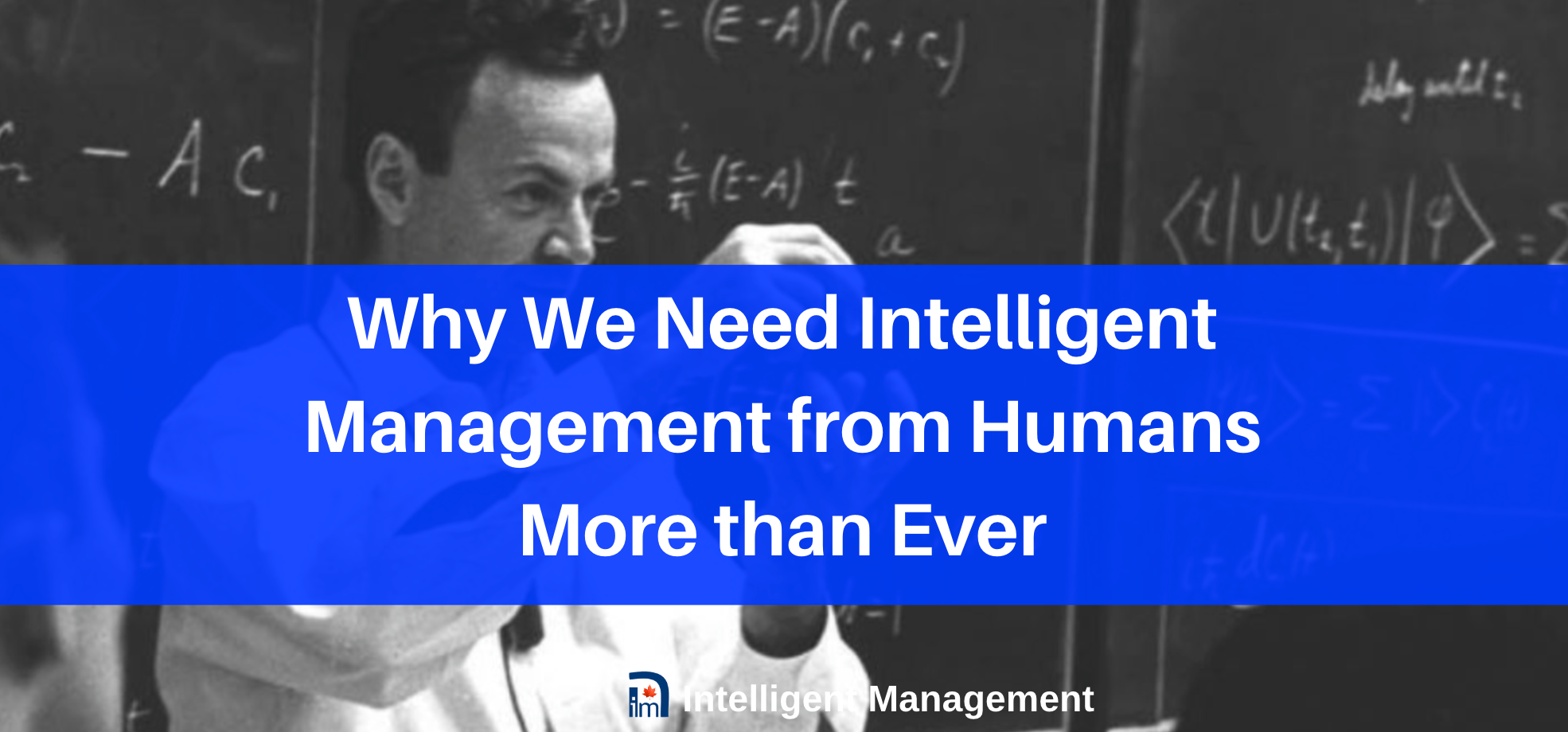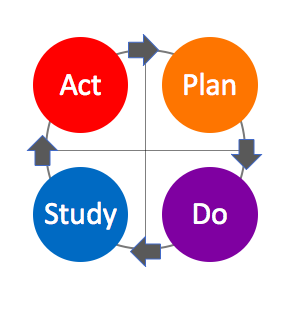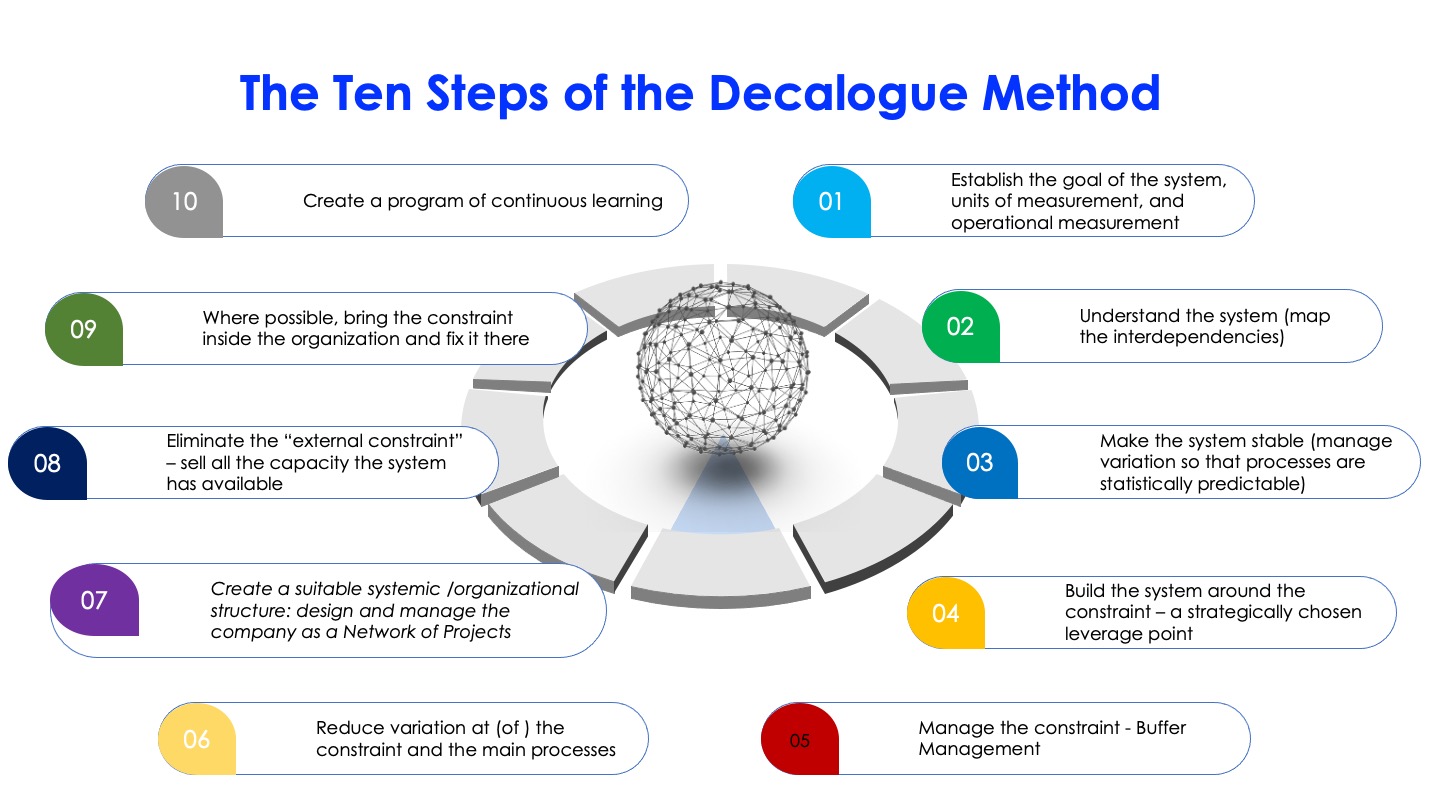
A Systems view
Over the last forty years a rapidly increasing number of fields of human knowledge, from science to medicine, from epistemology to environmental studies, have turned to systems theory and systems thinking to gain a deeper insight into the basic mechanisms of life and its evolution. The findings have all been pointing at certain basic features that we all, as living entities, share.
Together we thrive
What every rigorous study in any field has proved is that not only are divisiveness and individualism unsustainable in a globally interconnected world, they are contrary to the basic biochemical fabric of our very existence. Economics and politics, as well as management, have been almost oblivious to these findings and, for the most part, continue to regurgitate the same old recipes; they continue to apply patches instead of acknowledging the new emerging paradigms.
Win-Win conflict resolution, cooperation instead of competition, symbiosis instead of survival of the fittest, patterns not just structures; these today are some of the basic, well understood elements that make up a society that can sustain its ambition to evolve and prosper, as well as the founding elements of our biological existence. Life, as we experience it on this planet at every level, is based on interdependencies and interconnections. We exist, as Fritjof Capra brilliantly pointed out, within a “web of life”, a network of interdependencies that cannot be understood solely in terms of its basic components but has to be studied in terms of its interrelations.
Thinking and learning for our complex times
Our work at Intelligent Management deals with economics and management, two human endeavours that are tragically trailing behind in the quest for understanding how we, as humans, can live together. There is one single most fundamental aspect of our existence that makes us humans different from any other animal: the ability to think and learn. What blocks us is our inability to transform at an appropriate pace what we know into coherent actions. We seem to be lacking the kind of “intelligence” required to tap into that higher level of consciousness that makes us see what we know and who we are as one.
We cannot surrender to this deficiency because the ever-increasing complexity of our world demands more, and better, abilities to live and work in constantly changing environments. We need to transform our cognitive patterns to adapt to this unprecedented complexity.
More specifically, there are three faculties of the intellect that we need to learn to link together if we want to remain at the helm of the transformation process:
- The ability to generate new ideas (intuition);
- the ability to understand the full spectrum of implications of these newly developed ideas (understanding);
- the ability to design and execute a plan coherent with this understanding (knowledge).
Systemic intelligence for Intelligent Management
Sadly, today, the term “intelligent management” has become associated with non-human products. Nothing of the sort will solve our real problems. The “new intelligence” we need to develop is called, in Hebrew, sechel (this is the title of the book we published in 2010). Our daily work with companies is based on how this new intelligence can be acquired and applied.
In order to produce results, this systemic intelligence has to be complemented by a rigorous method of investigation that is typical of science. Dr. W. Edwards Deming embedded this rigorousness into the PDSA (Plan, Do, Study, Act) cycle and its statistical underpinnings.

Last, but not least, systemic intelligence and PDSA have to be supported by a coherent organizational structure. Such a structure must be systemic in nature; this allows us to overcome the strictures of the traditional hierarchical/functional organization and free individuals from the prison of wrong interdependencies. Providing a solid basis for a systemic organizational structure has been our focus over the last 15 years.
A new kind of science for management
What enables these three elements of systemic intelligence, PDSA and a systemic organizational structure to generate results is leadership. Today more than ever, leadership needs to be based on rock solid elements of foundational knowledge and their practical application. Ultimately, it is about reuniting what we do, how we do it and who we are.
In 2010 we began to use the name “Intelligent Management” to describe the interrelated set of principles, methods, beliefs and behaviours that, in our opinion, make the difference between what is “intelligent” and what is not. Through our books and our blog posts we will continue to provide a source of knowledge and guidance for all those interested in embracing a new kind of science for management. Ultimately, it is important to take responsibility for the amount of intelligence with which we accept to live our lives.







Leave a Reply